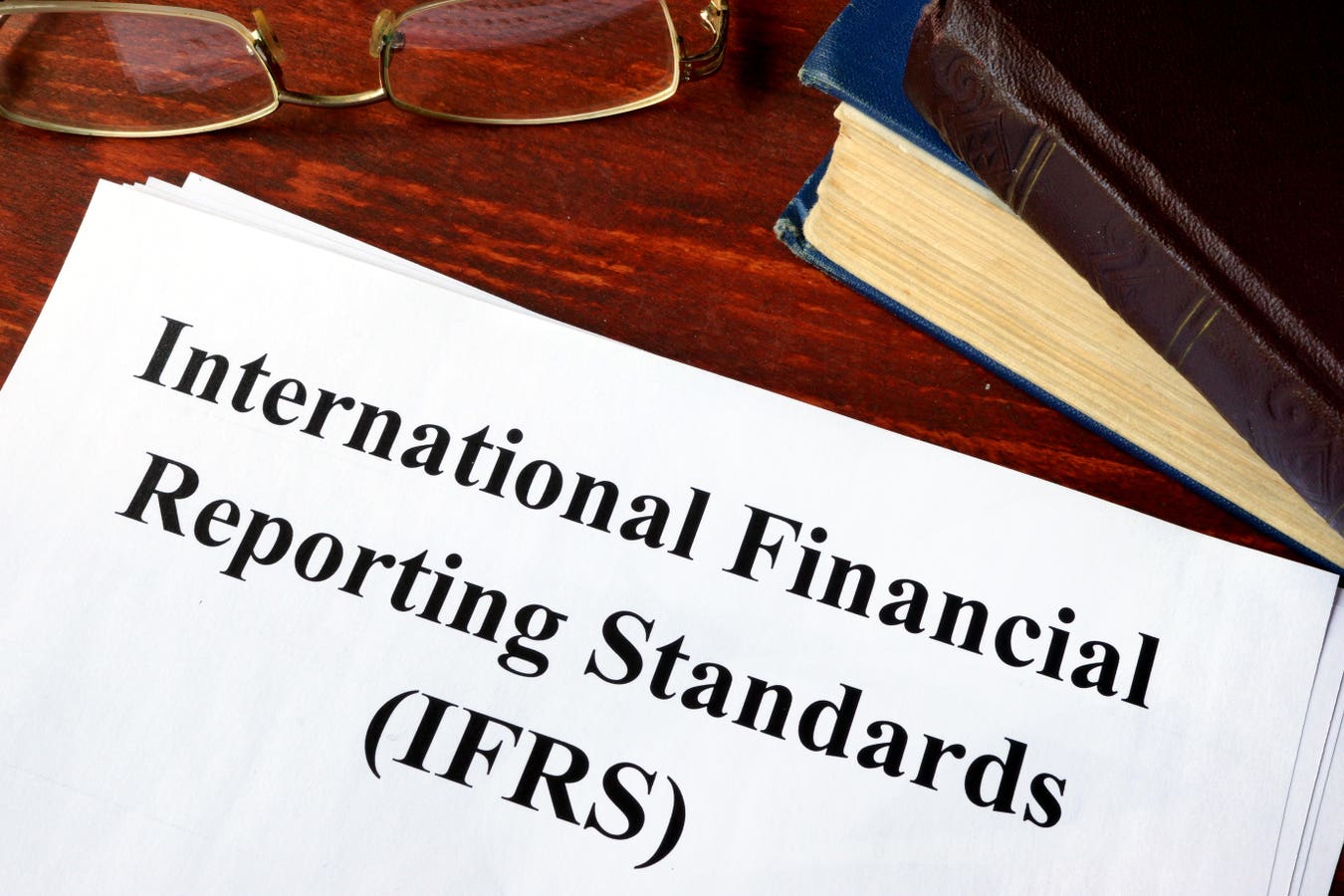2020 was a remarkable year in ways that need no mention. It was also remarkable in a way that most people probably didn’t notice because it has to do with accounting. Last year witnessed the broad recognition in the investment, business, accounting, regulatory, and sustainability reporting communities that the time has come for mandated standards on sustainability reporting, just as we have for financial reporting.
Until now the world had progressed from no interest in sustainability reporting at all (often by the awkward term of nonfinancial information but one not likely to disappear) to the view that “market forces” will take care of this. If investors really care about such information, the argument goes, then companies will provide it on a voluntary basis. This ignores the fact that it was regulation, not market forces, that brought us standards and reporting requirements for financial information. Why should it be any different for information on a company’s sustainability performance?
Signaling the shift from “market forces” to the need for regulation, in September 2020 the Trustees of the IFRS Foundation published their “Consultation Paper on Sustainability Reporting.” It proposes that the Foundation establish a “new Sustainability Standards Board (SSB) under the governance structure of the IFRS Foundation to develop global sustainability standards” in order to “harmonise and streamline sustainability reporting, which could benefit stakeholders of the IFRS Foundation and benefit sustainability reporting.” The result would be a set of standards for mandated reporting of the same rigor and relevance as those developed by the International Accounting Standards Board (IAS).
This consultation paper comes only two years after my Oxford colleague Richard Barker and I published our October 2018 Green Paper “Should FASB and IASB be responsible for setting standards for nonfinancial information?” This paper was the basis of a heated debate at the Oxford Union. While the “Ayes” carried the day about two-to-one, it was far from a unanimous vote.

OXFORD, ENGLAND – FEBRUARY 06: Prince Albert Of Monaco speaks during his visit to The Oxford Union on February 6, 2017 in Oxford, England. (Photo by Eamonn M. McCormack/Getty Images) | GETTY IMAGES
This change in narrative has been a long time coming and happened rapidly. Exactly 30 years ago, in “The Performance Measurement Manifesto” (Harvard Business Review, January-February 1991) I argued for the importance of companies to measure and report nonfinancial information. In a spirit of premature enthusiasm, I suggested that the SEC might even make this mandatory at some point.
Subsequent years have seen the formation of the Global Reporting Initiative (1997), CDP (2000), the Climate Disclosure Standards Board (CDSB-2007), the International Integrated Reporting Council (IIRC-2010; I was one of the founders), and the Sustainability Accounting Standards Board (SASB-2011; I was the Founding Chairman). In September 2020 these five NGOs published a paper about how they would collaborate together to harmonize their efforts. Concrete evidence of this is the recent paper facilitated by the Impact Management Project focused on carbon reporting. Other important initiatives in support of sustainability reporting include the EU’s Non-Financial Reporting Directive (2014), the Task Force on Climate-related Financial Disclosures (2015), the EU Taxonomy (2020), and the World Economic Forum’s International Business Council initiative on sustainability reporting which published their report this September 2020. Thanks to all of these efforts, the foundation has been laid for a Sustainability Standards Board.
SUBSCRIBE TO OUR NEWSLETTER
Subscribe our newsletter to receive the latest news, articles and exclusive podcasts every week


